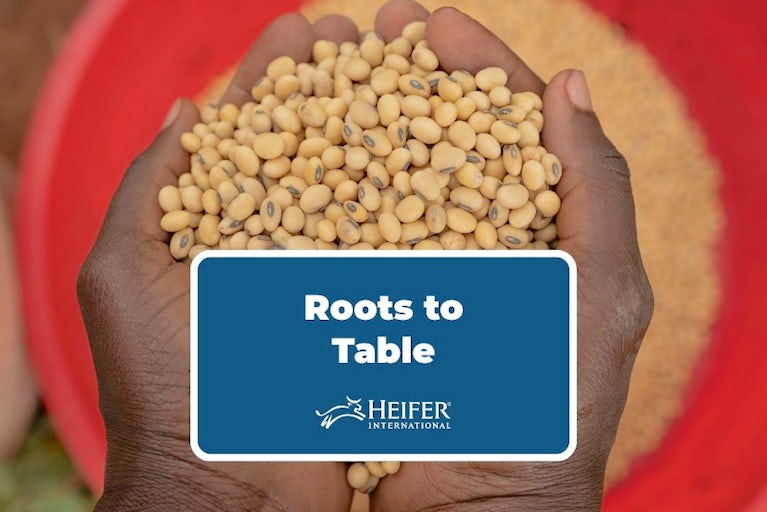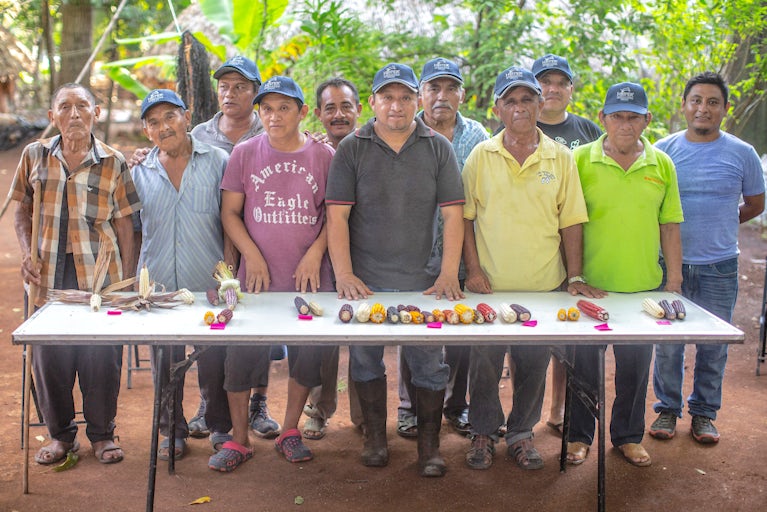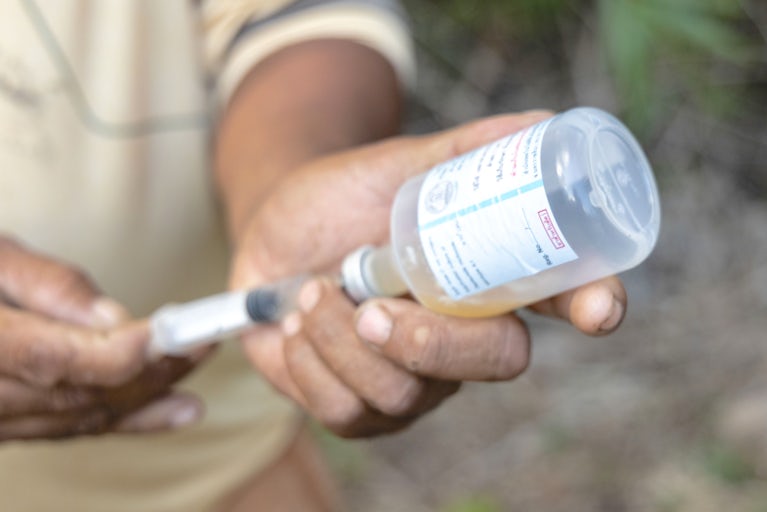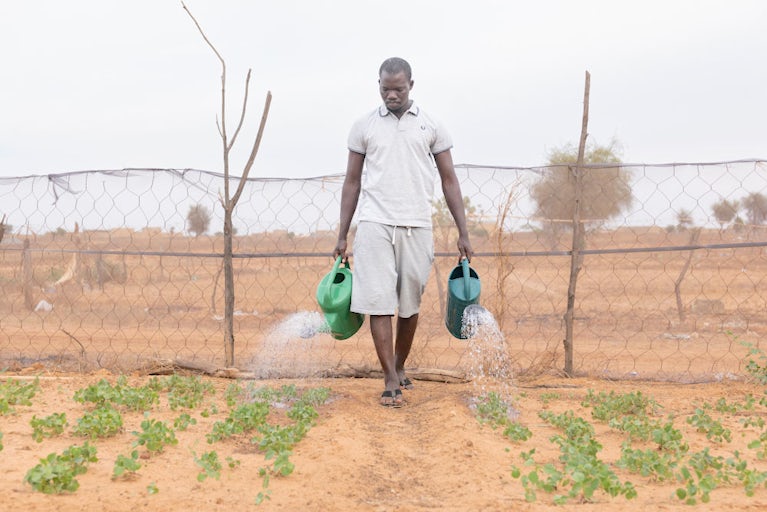
From Costly Feed to Climate-Smart Feed: Azolla Transforms Livestock Farming in Rwanda
By Kim Kamasa | February 9, 2026
In rural Rwanda, a fast-growing aquatic plant helps smallholder farmers cut costs, boost production and adapt to a changing climate.

















